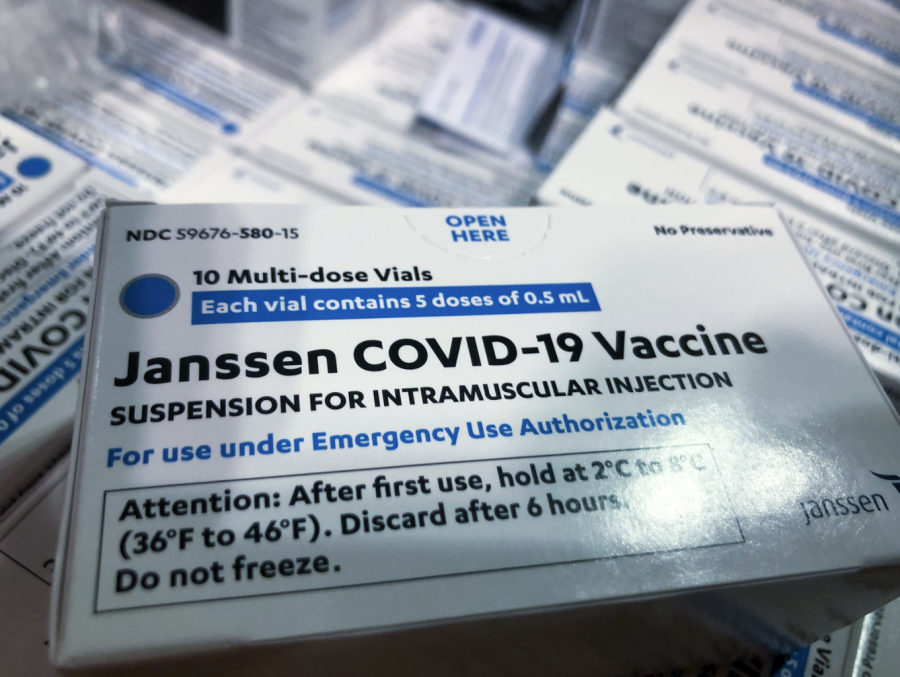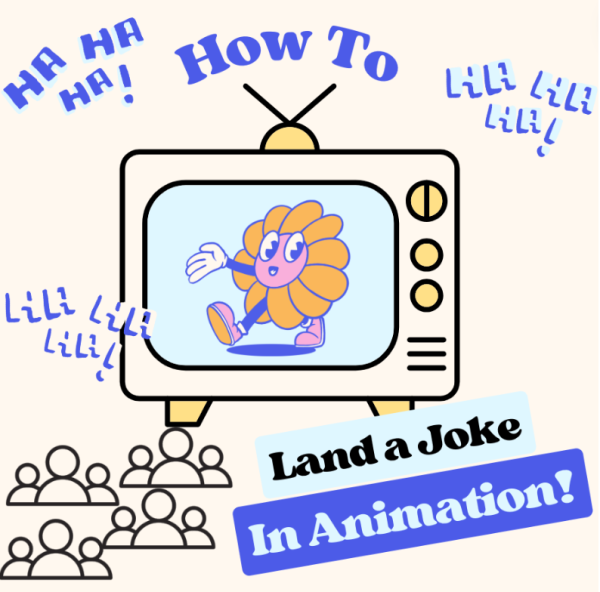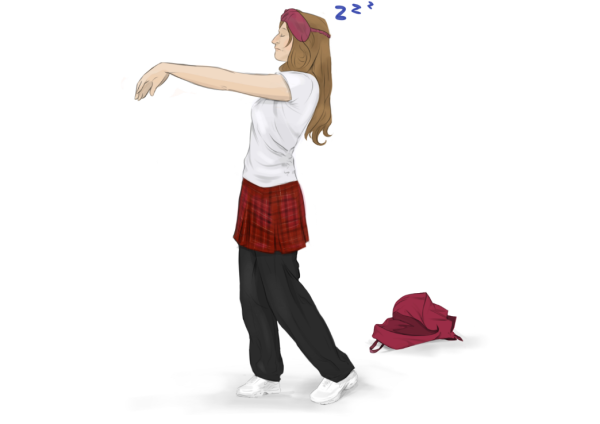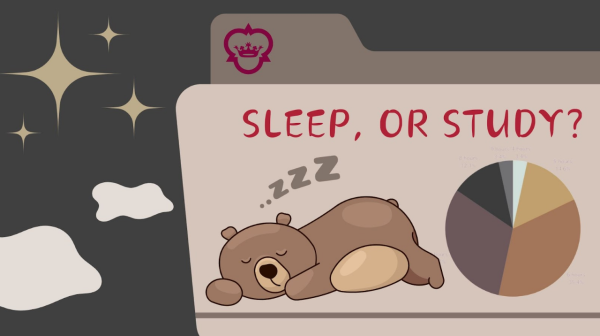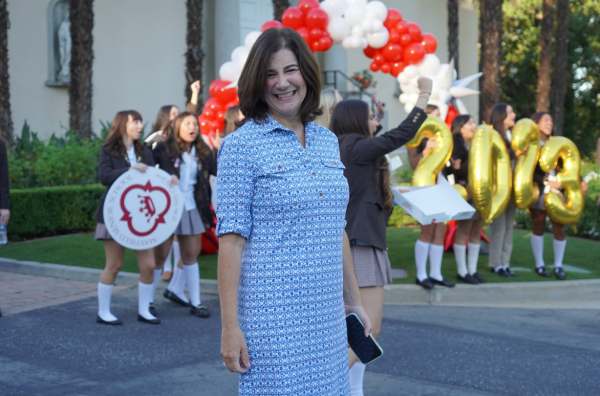Johnson and Johnson Vaccine Faces Multiple Hurdles. Will this Discourage Vaccination?
With the approval of the Johnson and Johnson COVID-19 vaccine by the U.S. Food and Drug Administration for individuals 18 years and older, the country is a significant step closer to vaccinating all citizens.
The single dose Johnson and Johnson Vaccine, also known as J&J Vaccine, was 66.3% effective in clinical trials. The vaccine had high efficiency in preventing hospitalization and death in people who got sick with coronavirus disease. There is also evidence that suggests that the J&J vaccine could protect against asymptomatic infections.
The Vaccine Halt
The use of the Johnson and Johnson vaccine came to a sudden halt for federal health agencies to examine a rare-blood clotting disorder that has emerged in six women. One of the women died and another is hospitalized in critical condition. The six rare clotting cases announced all occurred in the brain and were accompanied by low levels of platelets. These types of clots are more common in women because one of the risk factors is estrogen, which can be found from hormonal birth control. According to the CDC, more than seven million Americans have already received the vaccine, and another shipment of 10 million vaccine doses is on the way to a variety of states.
This is the latest in a string of complications for the J&J Vaccine.
Late last month, Johnson and Johnson discovered that workers at a Baltimore plant had accidentally contaminated a vaccine batch, forcing them to throw out the doses, and slowing down shipments. Government officials are concerned that doctors may not be trained to treat the rare blood clot disorder, and that the standard treatment for blood clots, heparin, “can actually cause tremendous harm, or the outcome can be fatal.”
Differences in the Three Vaccines
The difference in efficacy rates of the J&J vaccine compared to the other available vaccines raised many questions for Americans.
So far in the United States, the only vaccine that has been approved for those who are 16 and older is Pfizer. The Moderna and Johnson and Johnson vaccines are approved for ages 18 and up.
“I hope that the pause in the distribution of vaccines does not deter people from getting their vaccine, whether Pfizer, Moderna, or another brand,” said Audrey Leung ’22, who has had her first dose of the Pfizer vaccine.
More than 560,000 Americans have died from COVID this past year and an individual’s risk of dying or being hospitalized is dramatically higher than the risk of getting a rare blood clot from the Johnson and Johnson vaccine. Jonathan Watanabe, a pharmacist and associate dean in the College of Health and Sciences at the University of California, Irvine stated “It’s important to keep these numbers in context. While frightening, it’s a rare event.”
According to Dr. Mira Irons, it is essential not to “get caught up necessarily on the numbers game, because it’s a safe and effective vaccine and what we need is to have as many effective vaccines as possible. “What matters most,” said Irons, “is they are all effective at preventing the most severe COVID outcomes, including hospitalization and death.” Similarly to Dr. Irons, White House Chief Medical Advisor Anthony Fauci, among other top experts, highlighted that we should not compare the efficiency of these vaccines, but rather focus on the overall outcome.
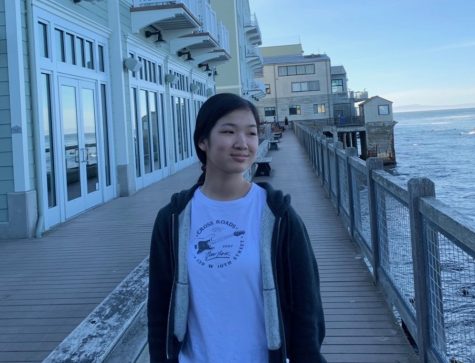
Heidi is a senior at Mayfield Senior School and is thrilled to be a part of Mayfield’s Crier, serving as the News Co-Editor in Chief and Assignment Manager....


